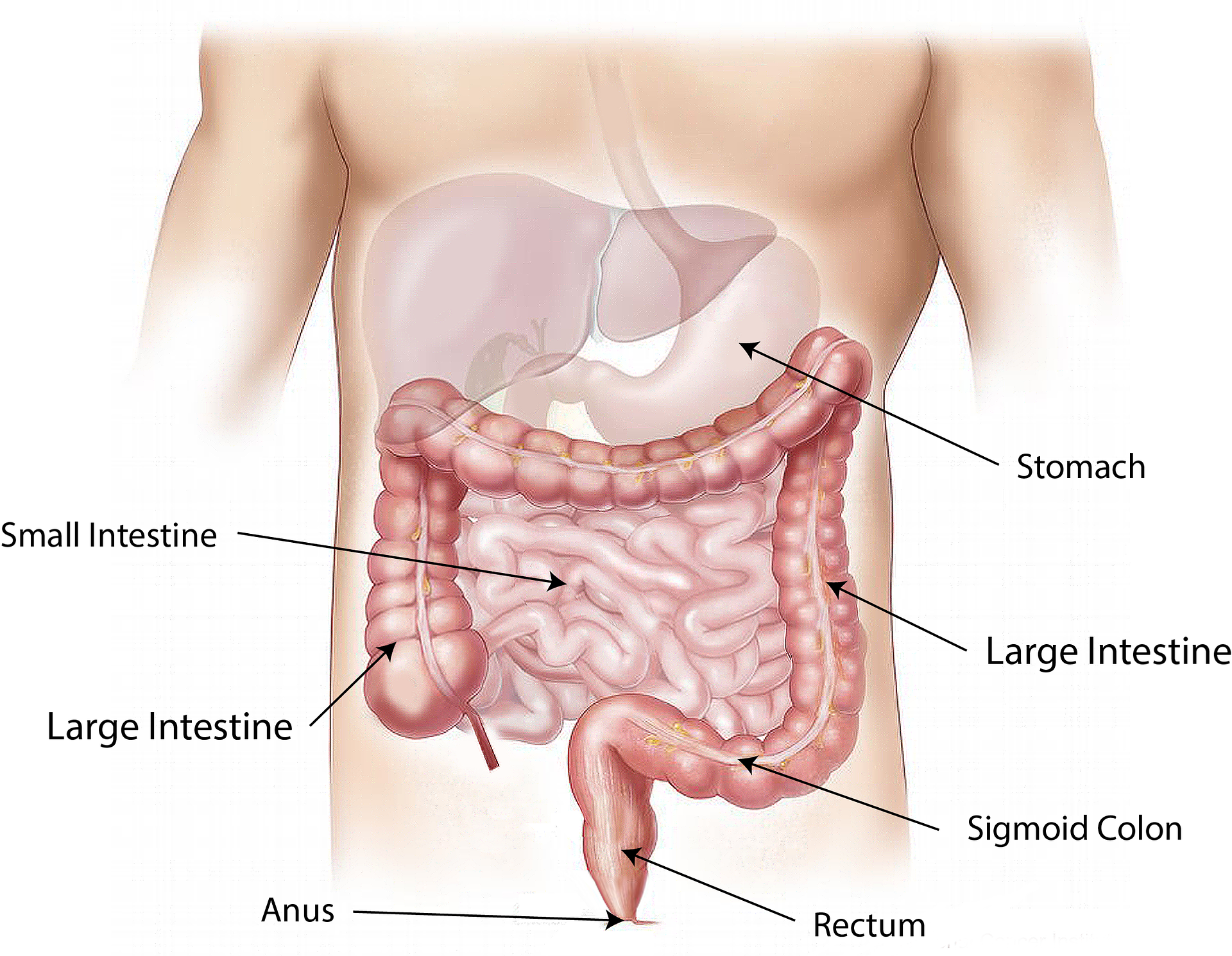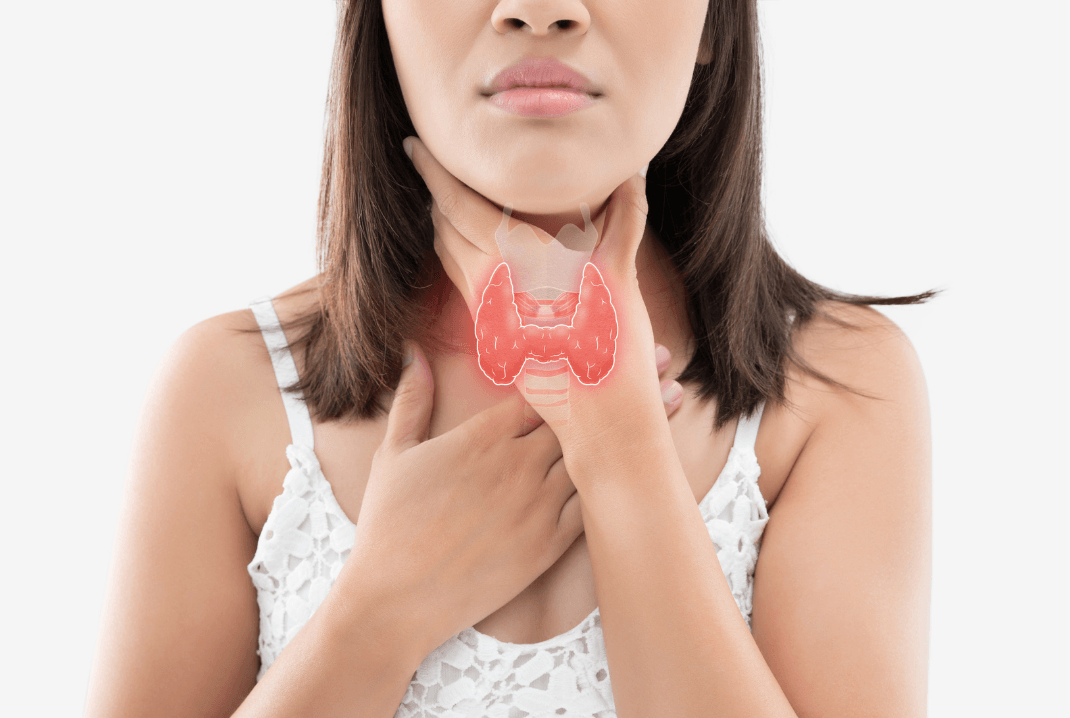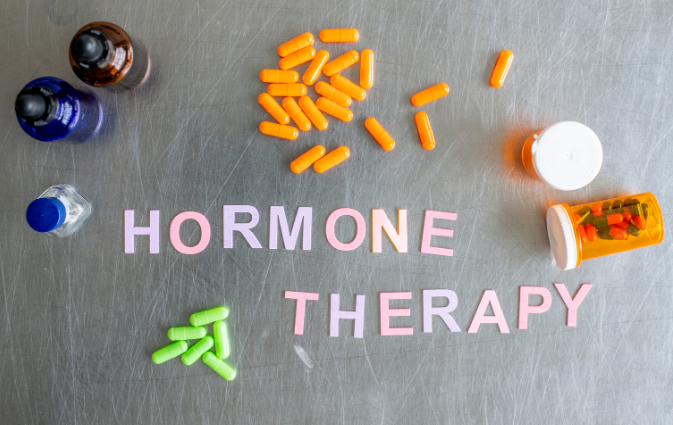Top 10 Checklist For Hormone Replacement Therapy (HRT)
Top 10 things to consider with HRT
There are many things to consider when determining your eligibility for HRT. Hormone Replacement Therapy can be beneficial and life changing for many women, however some women it may not be suitable. The research terrain for eligibility is rapidly changing! More research on women's health is emerging, and re-analyzed in the book "Estrogen Matters" that no longer aligns with the standard risk model.
There are lifestyle changes and monitoring mechanisms to mitigate those risks, and that'w why working with a functional medicine doctor is optimal in a holistic approach to menopause and HRT.
Below you will find 10 things to consider with your doctor for pros/cons/risks/benefits for hormone replacement therapy. Enjoy!
- Experiencing symptoms:
If you are a woman who is experiencing the symptoms of menopause and perimenopause, HRT is an excellent tool to investigate to see how it may benefit your health, vitality, and well-being. Symptoms include: hot flashes, low libido, fatigue, vaginal dryness, insomnia, worsening PMS and so many more! .
- Family History Risk factors: Does anyone in your family have a history of heart disease, diabetes, osteoporosis, Alzheimers? A recent 2024 study showed that women on estrogen had less of these diseases. Something to consider.
- Safety- previous recommendations have been that women should not be on HRT for more than 5 years and should not start after the age of 60 or 10 years post menopause. These guidelines are quickly dissolving with the above study link of on over a million women.
- Post-Hysterectomy/ Premature Ovarian Insufficiency: women with a hysterectomy should consider HRT after their procedure to help preserve bone health and manage menopause symptoms such as slowed metabolism fatigue. Insomnia, hot flashes.
- Personal history of cancer, specifically endometrial, ovarian, breast, and uterine, have higher risks of cancer than those with a cancer history. There are some hormones besides estrogen you may be eligible for.The book Estrogen Matters explains how estrogen may be beneficial for women with history of breast cancer. It's important to get all the information and make an informed decision.
- Family history of cancer: patients with mothers, aunts, or grandmothers with a history of breast, endometrial, uterine, or ovarian cancers may have a higher risk. Genetic testing may be recommended or routine screening exams and imaging.
- Imaging: Get some imaging completed before starting HRT- annual mammograms, colonoscopy >45 years old, DEXA bone density scan, pelvic US or pelvic exam by a gynecologist, carotid artery duplex scan to assess plaque build up in arteries. These imaging studies are all essential to have completed or considered before starting HRT and as you enter menopause. BodySpec and Dexafit is a local bone density screening location in Seattle for low-cost scans.
- Screening & Routine Blood Tests/Saliva Tests: platelets, liver enzymes, cholesterol, ApoE, and inflammation markers are essential labs for assessing your body's ability to manage HRT and perhaps determine the best type of HRT.
- Weigh the risks and benefits & Side effects: The most significant side effects with HRT may be breast tenderness, swelling, and spotting. The most significant risk factor for HRT was previously though tto be breast cancer, however the WHI research has since been re-evaluated and is being reconsidered with the newer research coming out. The number one cause of death in women over the age of 50 is heart disease which is in part due to declining hormones, as estrogen is protective of the heart.
- Informed Consent: Dr. Thorne recommends her patients read the book "Estrogen Matters," a book that re-evaluates the research on estrogen and women's health and how we arrived at the inaccurate conclusion that estrogen causes cancer. The most significant cause of cancer in humans is advanced age; people over 60 have the most critical risk for cancer. People who drink alcohol for women drink more than one drink per day, which can also increase their risk of cancer. HRT can improve quality of life by helping bone, brain, mood, and cardiovascular health. It has some risks, but the risk is reduced as long as your body is detoxing the HRT, you're staying active, eating healthy, and you are testing regularly to monitor your hormones.
Share













